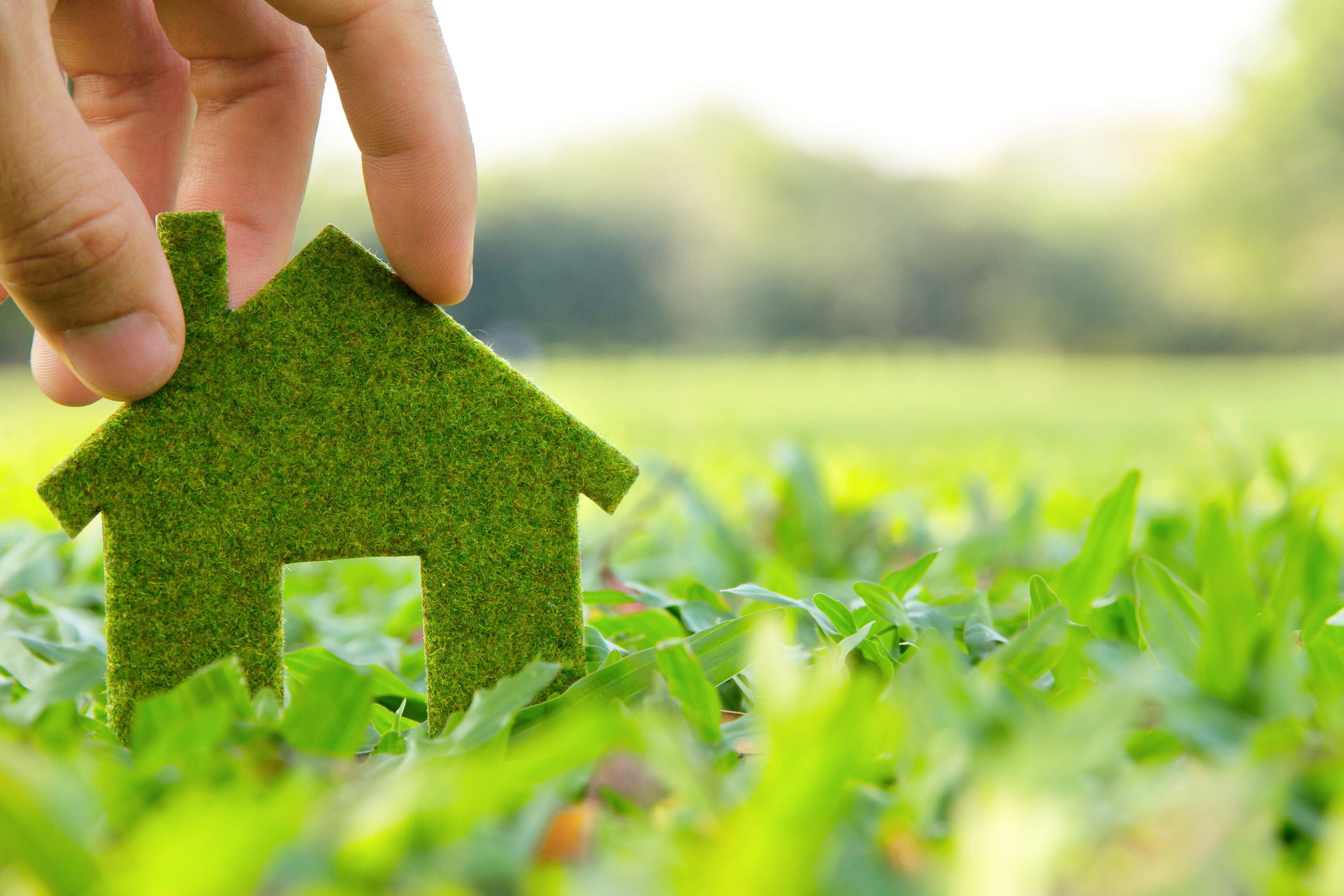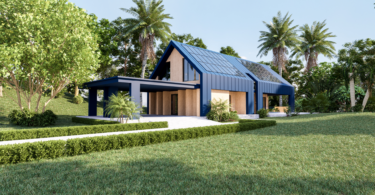An energy-efficient home is not only a smart idea for the environment, but for your pocket too. With the holiday season leaving a dent in many pockets, here are a few on how to save the environment (and some money)…
1. Lighting in the home often uses a lot of energy, what can I do to change that?
With improvements in lighting technology and an increase in an availability of energy-efficient lighting products, the cost of LED and compact fluorescent (CFL) bulbs have reduced in price. These bulbs produce a significant reduction in heat output and energy consumption.
2. Electrical stoves use up a lot of energy, are there any alternatives to this?
Consider investing in a good gas stove. Gas stoves are cheaper to run as the cost of the gas, used in cooking, is less than the equivalent electrical cost.
3. How can I conserve energy while I cook?
Consider using pots and pans that conserve and retain heat better, and always keep the pots closed. Another tip is to invest in pressure cookers to cook food that takes a bit longer to cook.
4.One of the biggest energy guzzlers is the geyser. What can I do to minimise the energy used for hot water in the home?
Solar geysers harness the energy of the sun to heat your water. The initial installation cost may be high, but it has a short payback period. If you can’t afford to install a solar geyser, consider getting a timer for your geyser, which will switch off the geyser when it is not being used, and switch it on when you want it to – this will help you save on energy costs.
5. How can I conserve energy using my appliances?
Install AAA or A+ energy-rated appliances. Appliances such as your washing machine, dishwasher and fridge should be checked according to the above energy rating.
6. When it comes to building an energy-efficient home, what does a home owner need to consider?
• When building or renovating your home, consider good insulation for the roof. This will help lower the energy consumed to heat and cool your home. Heating and cooling your home amounts to an average of 54% of your energy bill.
• Energy-efficient glazing, like double-glazed windows, keeps your home warmer and cooler, which will help to reduce your energy bill.
• Consider using lined curtains to retain heat in winter and add shutters to your windows, which can be closed in summer to keep your room cool. This will help you save on energy-consuming fans and air conditioning systems.
7. A top energy saving tip for all appliances?
Turn all appliances off instead of leaving them on standby.










Leave a Comment